Retro Replay Review
Gameplay
Physical# reinvents the classic Marble Madness formula by shifting focus from direct ball control to environmental manipulation. Instead of nudging your marble along winding paths, you rotate and tilt the platforms themselves with smooth mouse movements. This inversion of control requires a fresh mindset: players must anticipate the ball’s momentum and read the contours of each course before initiating the slightest tilt. Precision and timing become paramount, as over-rotating at high speed can send your marble careening off the edge in an instant.
(HEY YOU!! We hope you enjoy! We try not to run ads. So basically, this is a very expensive hobby running this site. Please consider joining us for updates, forums, and more. Network w/ us to make some cash or friends while retro gaming, and you can win some free retro games for posting. Okay, carry on 👍)
The game comprises just three levels—one easy, one medium, and one hard—yet each offers a steep learning curve. Level one introduces the basics of tilting mechanics and simple jumps, while the subsequent stages layer in moving obstacles, steeper inclines, and narrow bridges. Because your completion time is rigorously tracked, there’s a built-in drive to improve with every run. Whether you’re chasing a personal best or simply aiming to finish without a single fall, the satisfaction of mastering each platform’s quirks is undeniable.
As a student project from the Kobe Institute, Physical# strikes a solid balance between accessibility and challenge. The mouse-based control scheme feels intuitive from the outset, yet the game never runs out of surprises. Hidden shortcuts, timing-based boosts, and the odd gravity-defying flip all make appearances, ensuring that even short play sessions remain fresh. The focus on pure physics puzzles, unburdened by convoluted menus or tutorials, keeps the experience both lightweight and deeply engaging.
Graphics
Visually, Physical# leans into a minimalist aesthetic that emphasizes clarity over flash. Each platform is rendered in crisp, flat-shaded polygons with bright, contrasting colors to delineate boundaries and hazards. The result feels almost sculptural, as if each level is a modern art installation you’re invited to rotate and explore. This clean presentation helps maintain a clear line of sight to your ball at all times, even when the action gets hectic.
Despite its minimalism, the game doesn’t skimp on polish. Subtle shadows and dynamic lighting respond to your tilts, lending depth to the otherwise geometric world. Occasional particle effects accompany high-speed jumps or collisions, adding a satisfying visual punch without overwhelming the screen. Frame rates remain smooth on modest hardware, a testament to the developers’ focus on performance and playability rather than pushing raw graphical horsepower.
Because Physical# is a student project, you’ll forgive the absence of ultra-high-resolution textures or photorealistic water. What matters here is that every visual element serves a gameplay purpose: edges glow slightly when you can trigger a tilt boost, and hazard zones flash subtly before they activate. This seamless integration of graphics and mechanics makes for an intuitive experience where what you see directly informs how you play.
Story
In keeping with its arcade-inspired roots, Physical# eschews a traditional narrative in favor of pure mechanical engagement. There’s no overwrought backstory or cutscene-driven drama—just you, your mouse cursor, and a series of increasingly intricate courses. For many players, this lack of story is a feature rather than a bug, trimming away distractions so the focus remains squarely on the physics puzzles.
That said, the game does offer a light thematic thread: each level is styled after a different biome or environment, from sleek airport hangars to rusted industrial complexes. Ambient audio tracks and minimalist background elements hint at broader worlds beyond the platforms you manipulate. These little touches create a mild sense of progression, as though you’re traversing distinct arenas in a larger competition or tournament.
If you’re seeking narrative depth or character development, you may find Physical# wanting. However, its decision to concentrate on core gameplay rather than storytelling gives it razor-sharp focus. The absence of lore is offset by the compelling urge to shave seconds off your run times—a loop of trial, error, and improvement that stands in for conventional plot beats.
Overall Experience
Physical# delivers a surprisingly deep puzzle-physics experience in a compact package. With only three levels, it’s an ideal introduction to players curious about Marble Madness–style games but unwilling to commit dozens of hours to sprawling environments. Each level is a standalone challenge, and mastery feels genuinely earned when you complete a flawless run.
Replay value is built into the stopwatch mechanic and leaderboards, making it easy to revisit the game for speedrun sessions or friendly competition. For a student project, the level of polish and the absence of major bugs are impressive. Controls remain consistent throughout, and the learning curve—while steep—is never unfair.
Whether you’re a fan of precision-based puzzles or simply appreciate minimalist design done well, Physical# is a refreshing take on a classic genre. It proves that clever mechanics and thoughtful presentation can outweigh the need for a sprawling campaign or high-end graphics. For those seeking a short-but-sweet physics challenge, this Kobe Institute creation is well worth your time and a modest price of entry.
 Retro Replay Retro Replay gaming reviews, news, emulation, geek stuff and more!
Retro Replay Retro Replay gaming reviews, news, emulation, geek stuff and more!
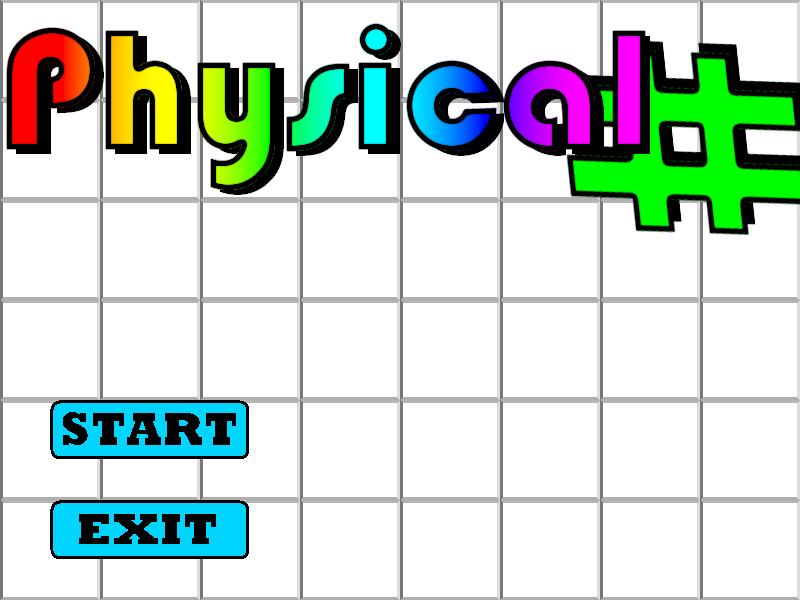
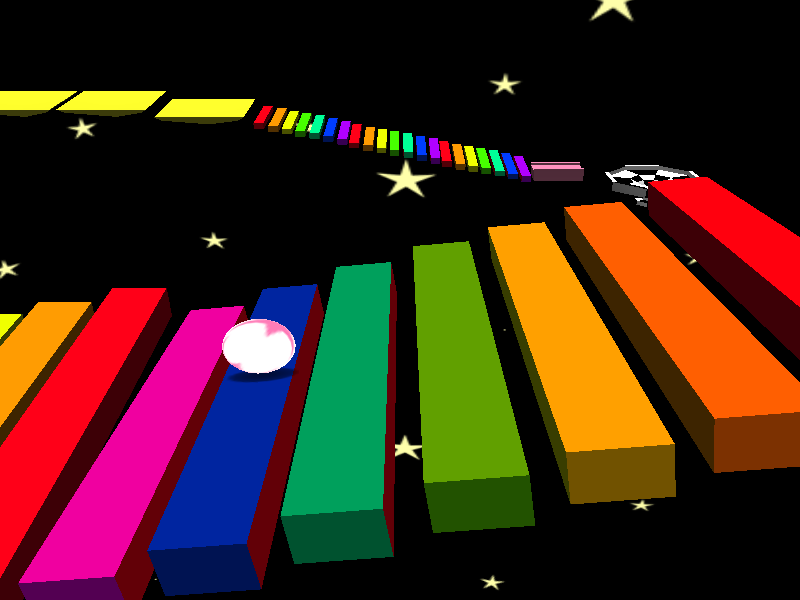

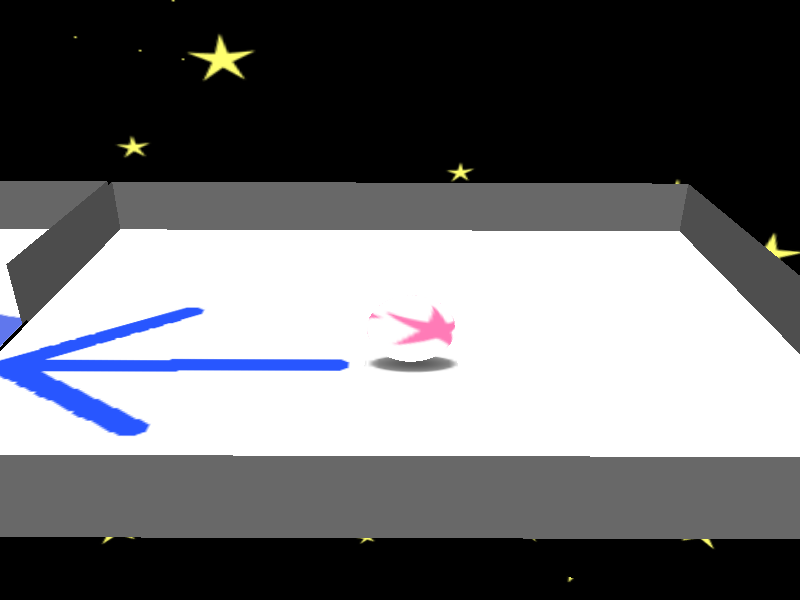
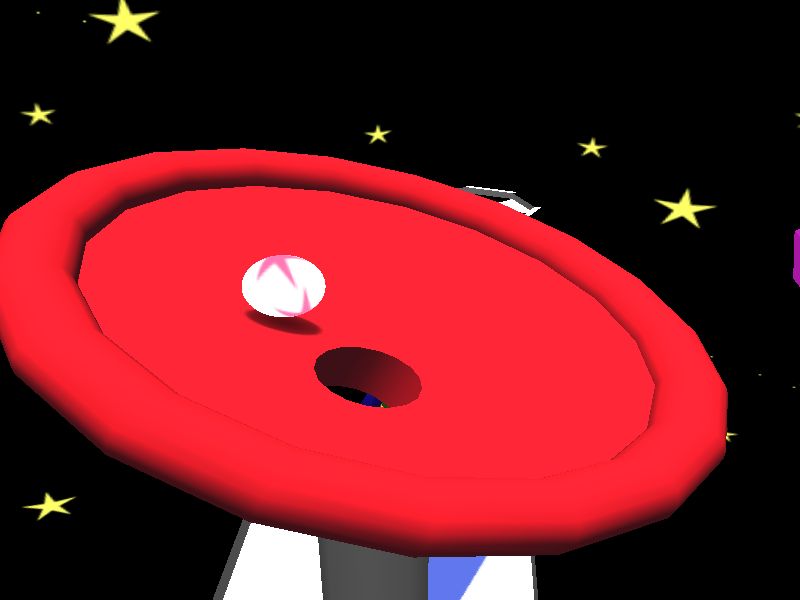


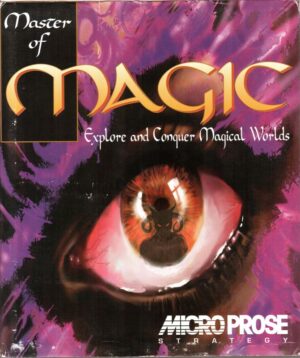
Reviews
There are no reviews yet.